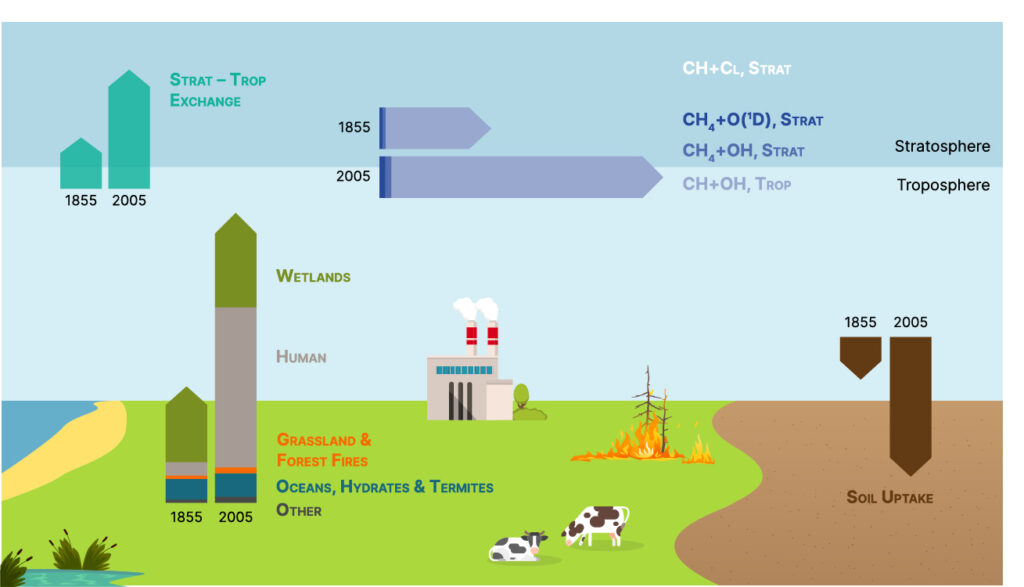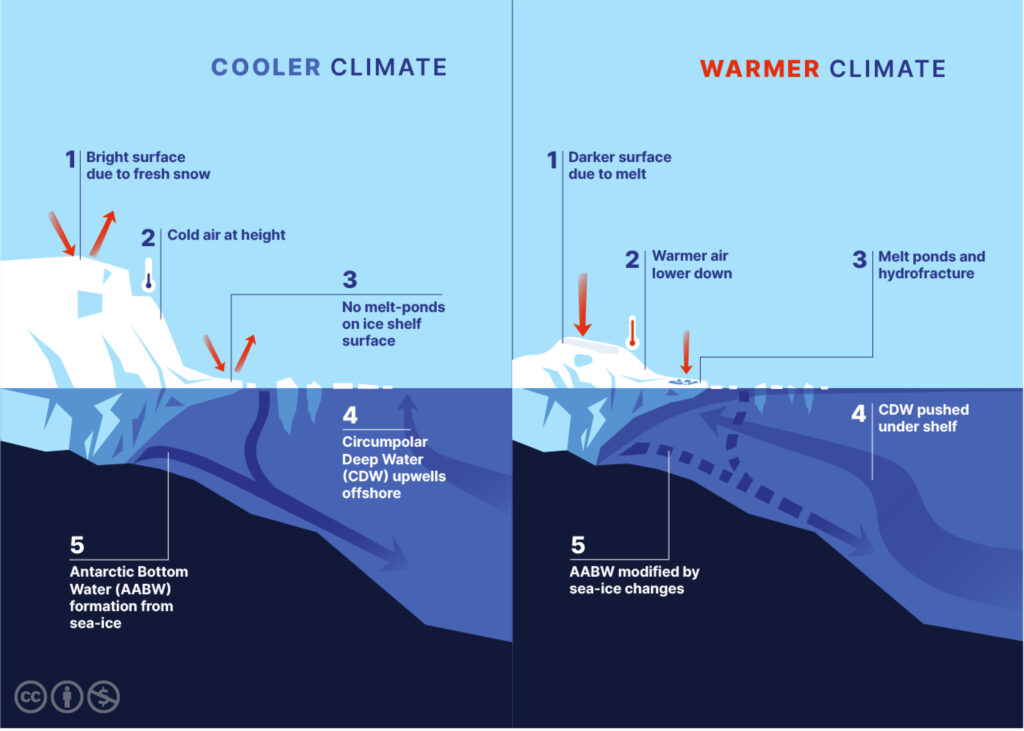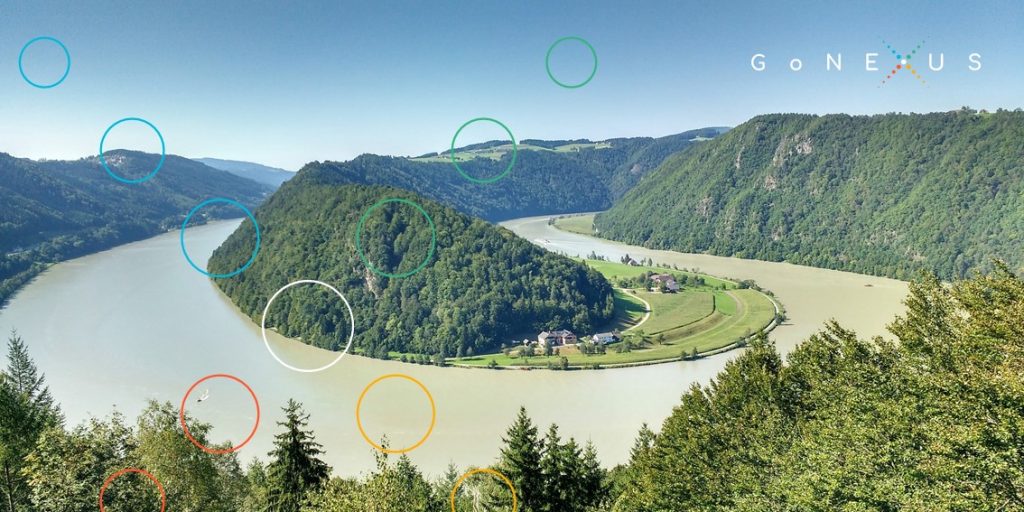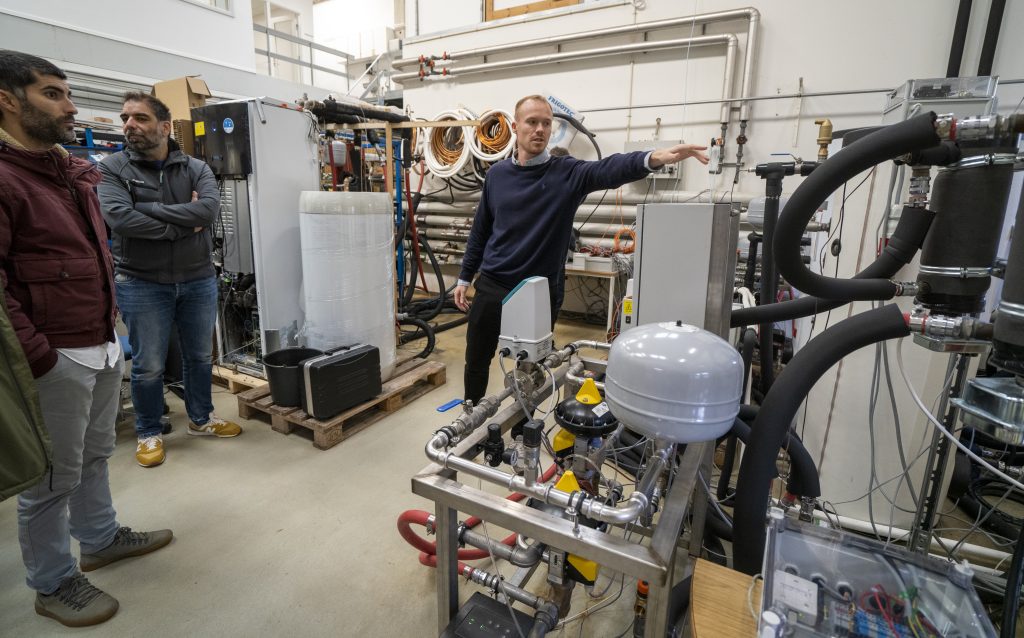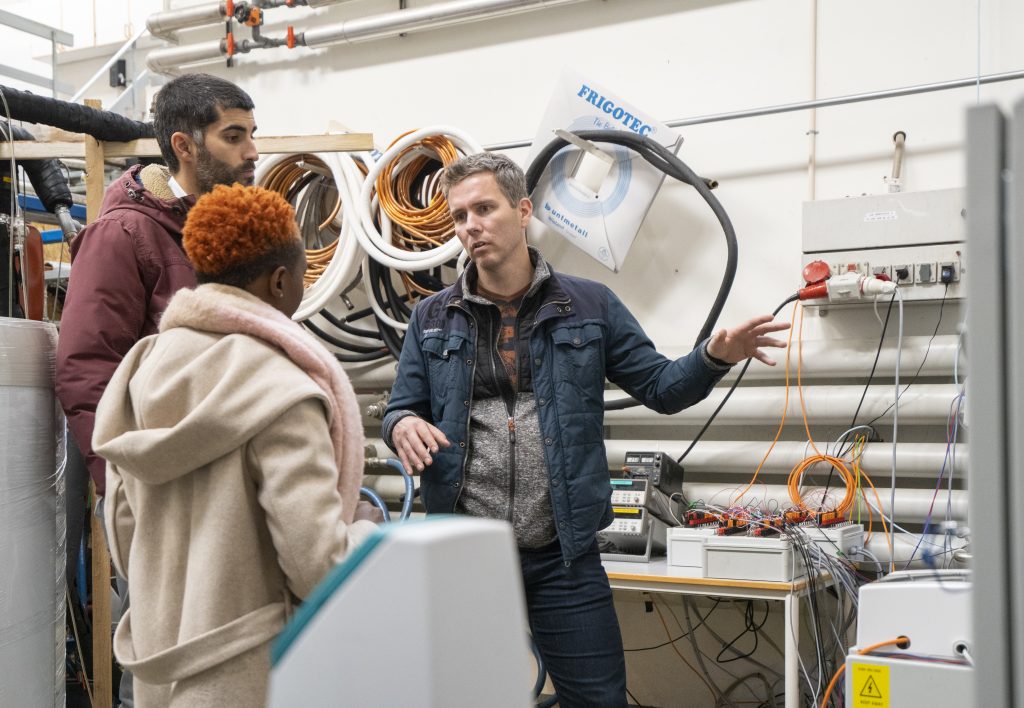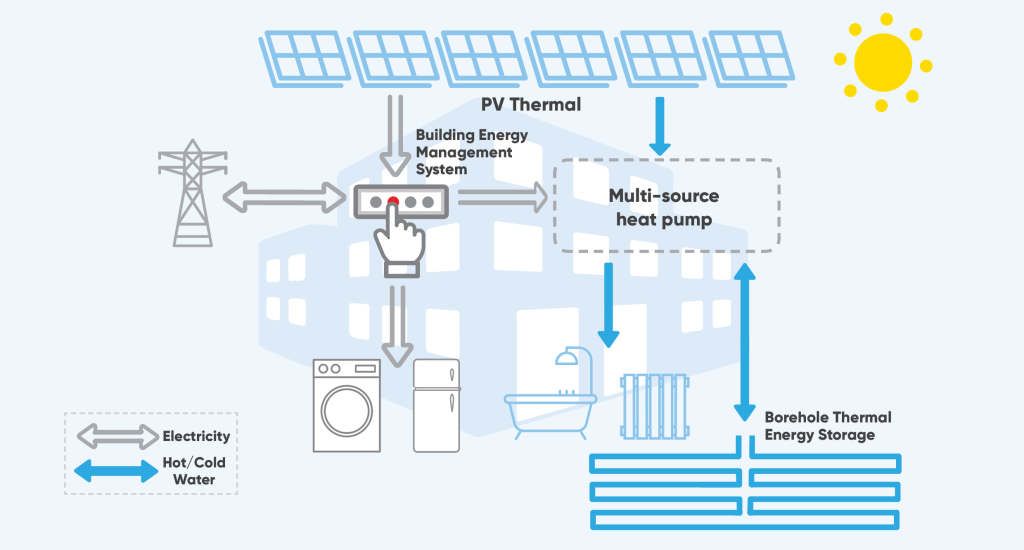This article gives an overview of the links between Earth System Models and Integrated Assessment Models (including the role of Simple Climate Models) that shape one of the main frameworks used for producing the data that feed IPCC assessments.
Green Recovery
The study focuses on the planning phase of nature-based solutions in cities, in which trade-offs have to be made between different options, such as the design, effectiveness, financial contributions from residents or participatory options. Based on the UPSURGE survey and choice experiment, the aim is to assist public participation processes in various countries, help planning teams define priorities and design governance measures which ensure long-term dedication to development plans.
The first fully-coupled methane emission driven Earth system model capable of simulating the impact of anthropgenic forcing on natural environments, as well as the impact of methane emissions and mitigation strategies on air quality.
This article gives an overview of the recent advances on the interactive modelling of ice sheet dynamics in Earth System Models, and the implications for reducing the uncertainty of sea-level rise projections, especially when considering multi-centennial timescales of changes or low-likelihood high-impact scenarios.
In this article, we provide an overview of current understanding of the land-to-ocean carbon fluxes. We describe the new conceptual model of the land-to-ocean aquatic continuum (proposed by Regnier et al, 2022, Nature), as well as ongoing work to include this new knowledge in Earth System Models.
In a time of increasing demand for the earth’s limited resources, the GoNEXUS project develops solutions for more efficient and sustainable resource management. It does so through a holistic approach to how the resources interplay rather than by examining each one of them individually.
While decarbonisation is the main objective of the RES4BUILD integrated energy solutions, decoupling from fossil fuels contributes to security of supply, and using on-site generated electricity contributes to affordability, moving away from heavily fluctuating market prices. A report has indicated the technical potential of these integrated energy systems in the European market,
Using Organigraphs to Map Disaster Risk Management Governance in the Field of Cultural Heritage.
Louis J. Durrant, Atish N. Vadher, Mirza Sarač, Duygu Başoğlu and Jacques Teller
A good practice assssment performed by the EU funded RES4BUILD project reveals that accelerating the uptake of Integrated Energy Solutions (IES) increasingly requires consideration of financial and social innovation to address non-technological barriers.
Maintaining indoor comfort in buildings accounts for more than 30% of total energy use worldwide – smart control of building energy use can contribute greatly towards energy sustainability goals. This is an important part of the RES4BUILD project which is looking at renewables for clean energy buildings in a future power system.
- 1
- 2


